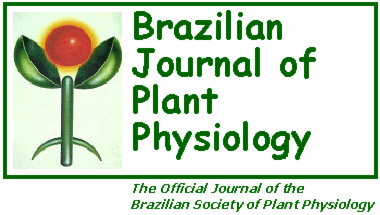Lysine is an essential amino acid, synthesized in plants in the aspartic acid pathway. The lysine catabolism is performed by the action of two consecutive enzymes, lysine 2-oxoglutarate reductase (LOR) and saccharopine dehydrogenase (SDH). The steady state of lysine is controlled by both, synthesis and catabolism rates, with the final soluble lysine concentration in cereal seeds a direct result of these processes. In the last 40 years, the enzymes involved in lysine biosynthesis have been purified and characterized from some plant species such as carrot, maize, barley, rice, and coix. Recent reports have revealed that lysine degradation might be related to various physiological processes, for instance growth, development and response to environmental changes and stress. The understanding of the regulatory aspects of the lysine biosynthetic and catabolic pathways and manipulation of related enzymes is important for the production of high-lysine plants.
amino acids; lysine; metabolism; mutants



